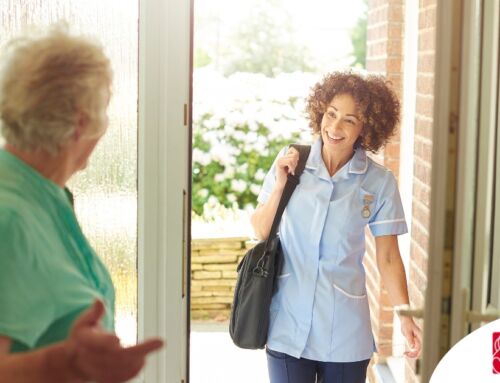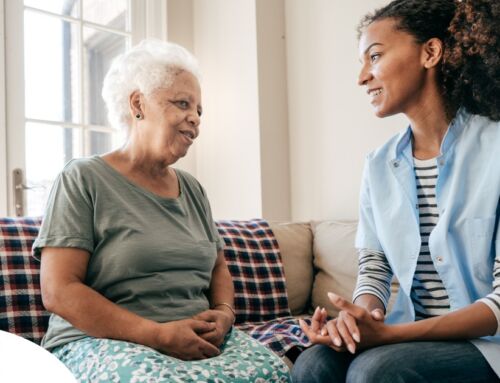There are so many different types of care for an elderly member of the family. What is the difference and how do you decide what is best?
Types of Home Care
24/7 Care vs. Live-In Care:
While making the decision to have a caregiver come into your home or the home of a loved one, you will need to decide on how often to have care. There are a number of situations in which it is advantageous to have a caregiver in the home around the clock. This can be accomplished in 2 different ways:
24/7 Care:
This is a situation in which there are different caregivers coming into the home, on shifts. No one “lives” in the home with the patient, but the patient is cared for around the clock by regular caregivers.
Live-In Care:
This is the situation in which one caregiver “lives” in the home with the patient and is primarily responsible for the patient all the time. The caregiver stays in their own room of the home and there are rules and guidelines about sleep time, breaks and time off for the caregiver. Plans are made for a secondary caregiver to provide support for the patient during the live-in caregiver’s time off.
Benefits of having Live-In Care:
- If the patient requires much care, the cost of having a live-in caregiver is actually better than having someone come in on an hourly basis. On top of the financial advantage, your loved one can reap the rewards of having someone be in the home around the clock.
- Live-in caregivers are perfect for a patient who has Alzheimer’s, as often these patients require constant supervision, but not constant care at the level in which they need to move to assisted living.
- The care is equal to that received in a nursing home, at times even better. Residential care cannot offer 1-on-1 care and a live-in caregiver will provide individualized support.
- A live-in caregiver will understand the needs of the specific patient, from favorite meals to home routines. This provides important familiarity and continuity for the patient.
- Staying in the home with a live-in caregiver may allow the patient to keep a beloved pet and have it well looked after as well.
- A solid, foundational relationship built between the live-in caregiver and the patient can be very helpful in challenging medical times. A consistent relationship can also offset the number one complaint of the elderly, loneliness.
- Because of the relationship between patient and the live-in caregiver, this can actually increase the patient’s independence. Outings, companionship, and transportation arranged or provided by the caregiver may be more easily participated in by the patient.
- Recovery from illness or surgery may be quicker with a consistent, live-in caregiver. Research shows that patients recover better and more quickly at home, when provided with the appropriate amount and level of care. There is also a lower risk of developing infection due to exposure to germs in a medical facility.
- Consistency of service provided to the patient can be higher when there are not many caregivers coming and going from the home. This is significant when it comes to detecting changes in health, behavior or condition. Only a caregiver who has a consistent track record with the patient will be able to notice small changes in the patient that may be indicative of larger issues.
- The right live-in caregiver provides peace of mind for the family, who sometimes is far away. When the family is able to see the relationship between the live-in caregiver and patient, they’re able have peace that their loved one is being taken care of by someone who is invested in them. They also can be more confident that the caregiver will reach out appropriately about any above mentioned care or behavioral changes.
This peace of mind is invaluable.
Wrap Up
While there are many different types of at home care to consider, if you ask yourself the important questions, you’ll find the solution much more easily. And more importantly, your loved one will be cared for in the best way possible.
~ ~ ~
Do you have questions about how you can better support your loved one while they age in place in South Florida or regarding homecare in general? Please contact CareGivers of America here: Contact or call us toll free: 800-342-4197
*No information in this article is to be taken as advice, medical or otherwise. This post is not sponsored, but may contain external links to websites, articles or product examples. External links are used for example or refence purposes only and these links do not indicate specific product or website endorsement by CareGivers of America.





